Table of Contents
Conjunctive adverbs are words that are used to connect parts of a sentence, showing relationships like contrast, cause, sequence, addition, or comparison. Words like however and but highlight differences, while so and because explain reasons.
These adverbs help make your writing clear and easy to follow, guiding the reader through your thoughts smoothly.
What are Conjunctive Adverbs?
Conjunctive adverbs are used to connect two independent clauses or sentences by showing the relationship between them, such as contrast, cause and effect, or sequence.
Example Sentences:
He forgot his lunch; thus, he had to buy food.
They practiced hard; however, they lost the game.
He finished his work; therefore, he could relax.
Common Conjunctive Adverbs
- However
- Therefore
- Moreover
- Meanwhile
- Consequently
- Nevertheless
- Furthermore
- Thus
- In addition
- Similarly
Usage and Structure
Conjunctive adverbs can be used in different parts of a sentence, but they usually appear between two independent clauses. They are often followed by a comma.
1. To connect independent clauses
Use a semicolon (;) before the conjunctive adverb and a comma (,) after it.
Incorrect: I was hungry, however I waited until dinner.
Correct: I was hungry; however, I waited until dinner.
2. To begin or end a sentence
They can also be used at the beginning or end of a sentence for emphasis.
Beginning: Moreover, the results were impressive.
End: The project was completed; it took longer than expected, though.
Examples by Function:
1. Addition:
The product is affordable; moreover, it has excellent reviews.
She’s very skilled; furthermore, she’s great with clients.
2. Contrast:
I studied hard; however, I didn’t pass the exam.
He wanted to join the trip; nevertheless, he stayed home.
3. Cause and Effect:
She missed the deadline; therefore, her application was rejected.
The weather was bad; consequently, the event was canceled.
4. Time/Sequence:
We finished dinner; afterward, we watched a movie.
First, we conducted research; then, we implemented the strategy.
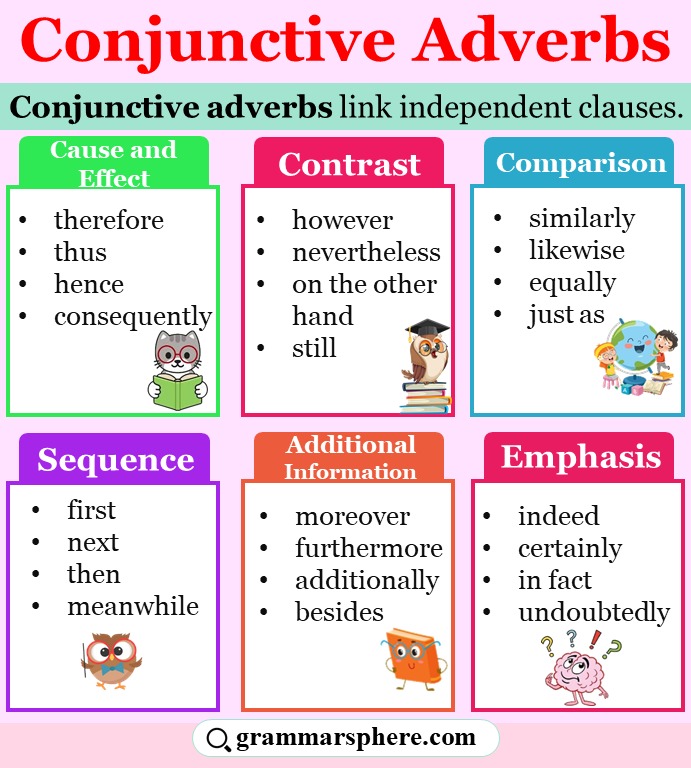
Why Use Conjunctive Adverbs
Conjunctive adverbs are essential for clear and effective communication. Here’s why you should use them:
To Connect Ideas:
Conjunctive adverbs link two independent clauses or sentences, making the relationship between them clear. This helps in creating smooth transitions between ideas.
To Show Relationships:
They indicate specific relationships such as cause and effect, contrast, comparison, or additional information. This helps in organizing thoughts logically.
To Improve Clarity:
By using conjunctive adverbs, you can clarify how different ideas relate to each other, making your writing or speech easier to understand.
To Enhance Flow:
They contribute to the flow of a sentence or paragraph, ensuring that the writing doesn’t feel disjointed or abrupt.
To Emphasize Points:
Conjunctive adverbs can highlight or emphasize important ideas or differences, drawing attention to critical points in a discussion or argument.
Steps to Use Conjunctive Adverbs
Identify Two Independent Clauses:
Both clauses should be able to stand alone as complete sentences.
- The project was difficult.
- We managed to finish it on time.
Choose the Appropriate Conjunctive Adverb:
Depending on the relationship between the clauses, select a conjunctive adverb that fits the meaning.
- If you want to show contrast, you could use however or nevertheless.
- If you’re showing cause and effect, therefore or consequently works.
Punctuate Correctly:
When joining two independent clauses with a conjunctive adverb, use a semicolon (;) before the conjunctive adverb and a comma (,) after it.
- The project was difficult; however, we managed to finish it on time.
Use in Other Sentence Positions:
You can also start a sentence with a conjunctive adverb or place it at the end for emphasis. In this case, simply follow the adverb with a comma.
- However, we managed to finish it on time.
- We managed to finish it on time, however.
List of Conjunctive Adverb:
- Additionally
- Also
- Besides
- Consequently
- Furthermore
- Hence
- However
- Indeed
- Instead
- Likewise
- Meanwhile
- Moreover
- Nevertheless
- Nonetheless
- Otherwise
- Similarly
- Still
- Then
- Therefore
- Thus
You May Also Like

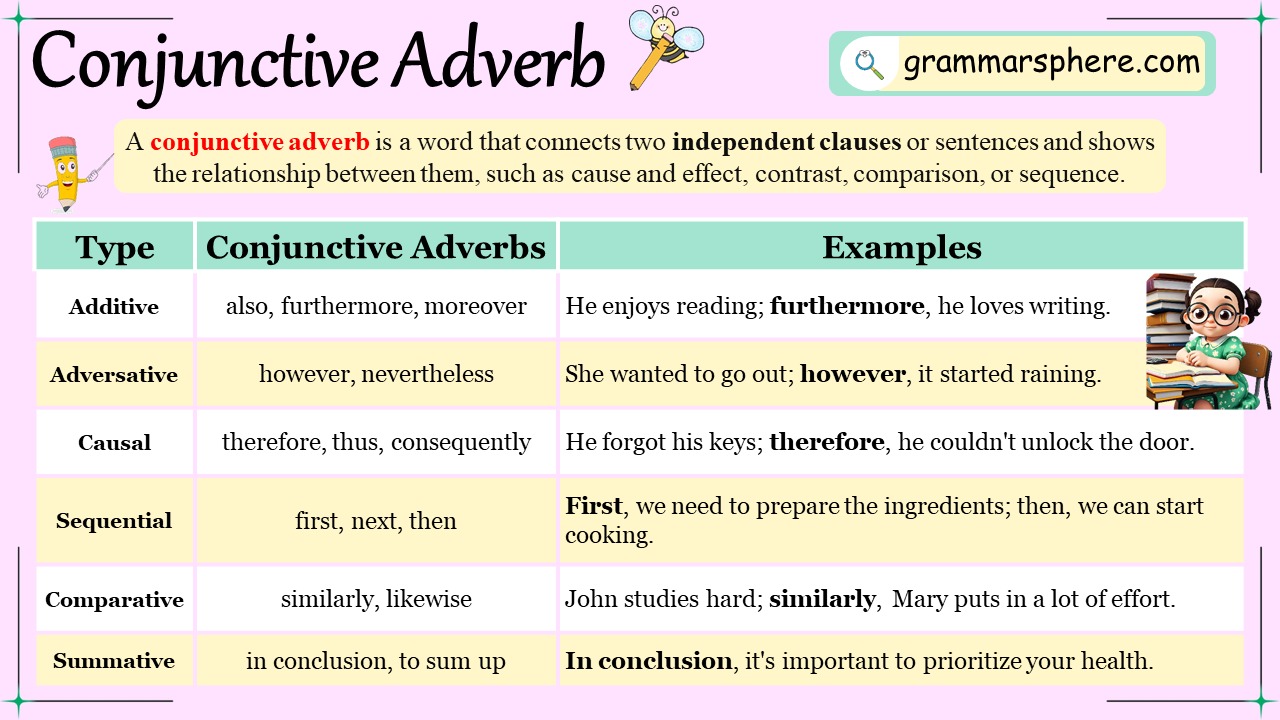
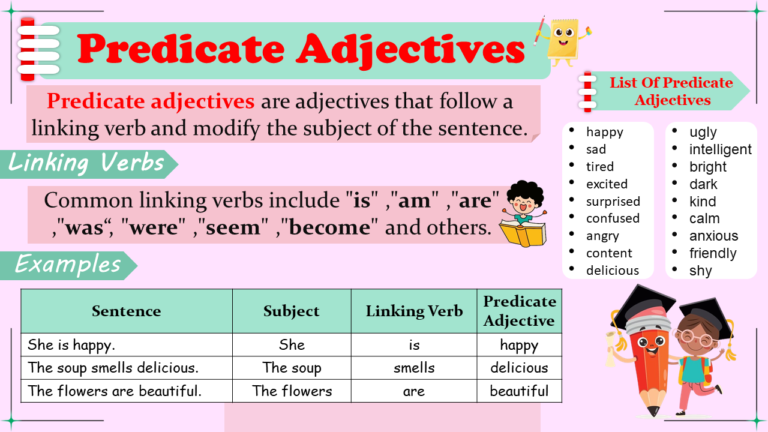
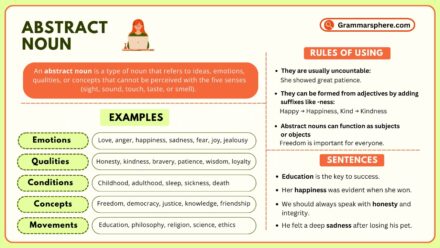
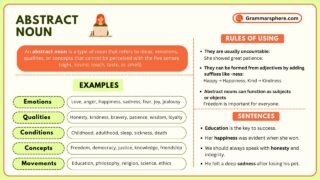
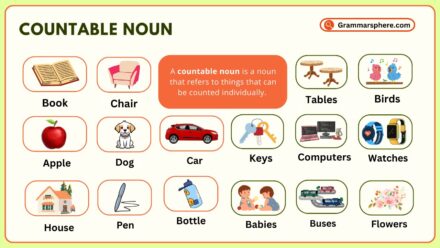
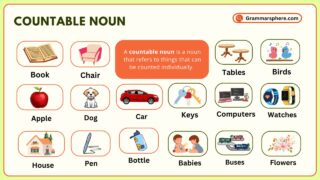
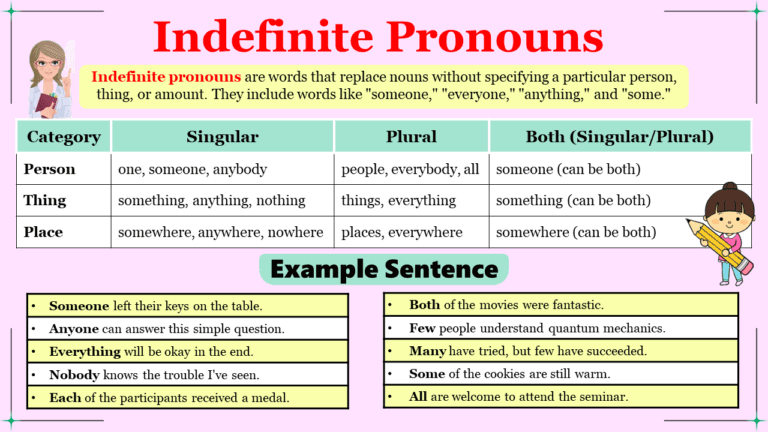
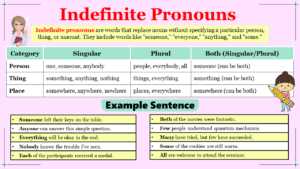
Leave a Comment